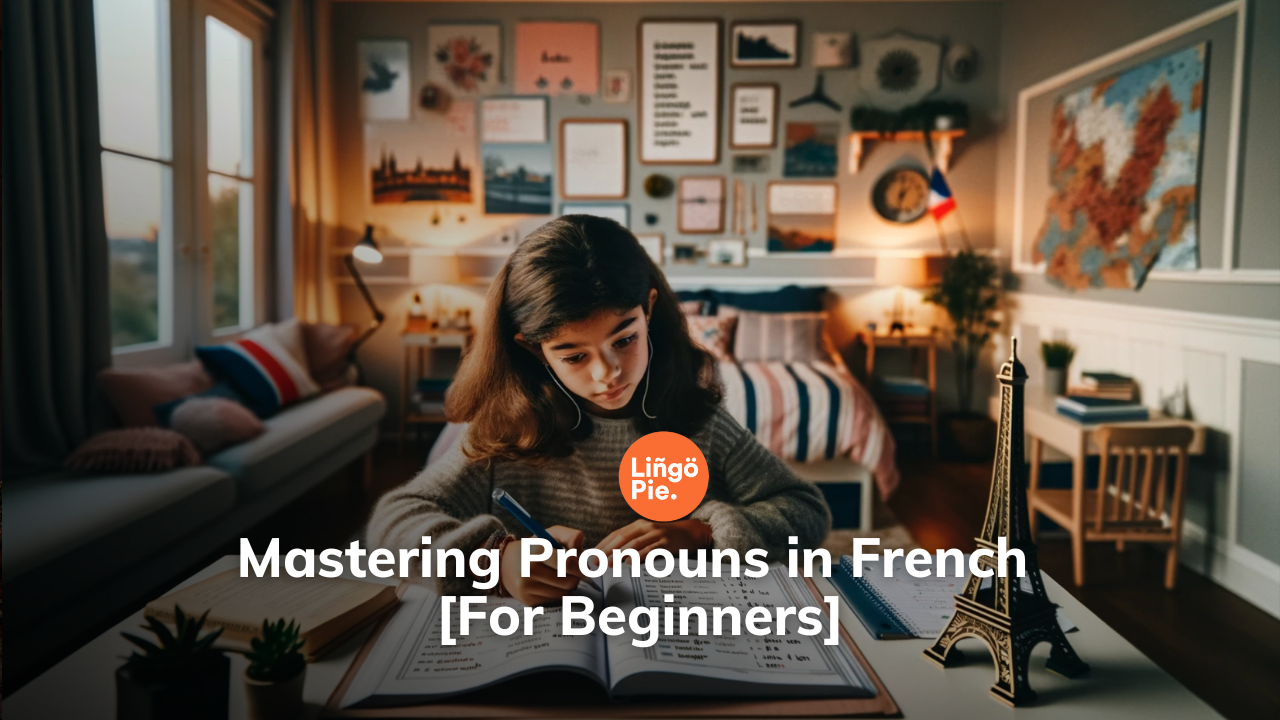Have you ever confidently used a French word, only to find out it means something entirely different? This is the amusing yet challenging world of "faux amis" or false cognates – words that seem similar in French and English but diverge in meaning. Such nuances are essential for anyone delving into the French language.

What Are False Cognates?
False cognates are linguistic false friends; they look and sound alike in two languages but have different meanings. They are distinct from true cognates, which share origins and meanings. These peculiarities arise from the fascinating evolution of language, where similar roots can lead to entirely different semantic paths.
Related:

Common French False Cognates to Know
To navigate through these linguistic quirks, here are more French false cognates every learner should know:
- Actuellement: This word sounds like "actually" in English, but it means "currently" or "at the moment" in French.
- Assister à: It might sound like "to assist," but it actually means "to attend."
- Blesser: This word looks like "bless," but it means "to wound" or "to hurt" in French.
- Librairie: You might think it's "library," but it's actually a "bookstore" in French.
- Coin: It's not a piece of change, but rather a "corner" in French.
- Journée: It might seem like "journey," but it means "day" in French.
- Monnaie: This word looks like "money," but it means "change" or "coin" in French.
- Prune: It sounds like the English word for a type of fruit, but it actually means "plum" in French. The French word for "prune" is "pruneau".
- Raisin: This one can be confusing. It sounds like "raisin," but it means "grape" in French. The French word for "raisin" is "raisin sec".
- Sensible: It might sound like "sensible," but it means "sensitive" in French.
- Location: This word doesn't mean "location," but rather "rental" in French.
- Car: It sounds like "car," but it means "because" in French.
- Chair: This word looks like "chair," but it means "flesh" in French.
- Fabrique: It might sound like "fabric," but it means "factory" in French.
- Gras: This word looks like "grass," but it means "fat" in French.
- Pain: It sounds like "pain," but it means "bread" in French.
- Parent: This word looks like "parent," but it means "relative" in French.
- Rare: It might sound like "rare," but it means "undercooked" in French.
- Sale: This word looks like "sale," but it means "dirty" in French.
- Tentative: It sounds like "tentative," but it means "attempt" in French.
- Vase: This word looks like "vase," but it means "mud" in French.
These are just a few examples of false cognates that can trip up language learners. The key to avoiding these common mistakes is to practice regularly and immerse yourself in the language as much as possible.
One great way to do this is by using Lingopie. Lingopie is an innovative language learning platform that uses TV shows and movies in the language being learned. This approach provides an immersive experience, allowing students to hear native speakers, understand cultural nuances, and learn colloquial expressions. It also allows you to click on words in the subtitles to get instant translations and add them to a personalized vocabulary list. This interactivity is great for reinforcing new words and phrases, including those tricky false cognates.
The Pitfalls of False Cognates
Mistaking a false cognate can lead to humorous, albeit awkward, situations. But fear not, as context is your ally. Understanding the situation and sentence structure helps decipher the true meaning. Remember, every misstep is a step forward in your language journey!
Learning Strategy
To tackle these tricky words, try interactive methods like flashcards, language apps, and especially context-based learning platforms like Lingopie. Regular exposure to French media is invaluable; it contextualizes vocabulary and helps cement the correct meanings in your mind.
See Also:


Summing Up
Remember, learning a new language is a journey filled with challenges and triumphs. Don't let false cognates deter you. With practice and the right tools, you'll be able to navigate the French language with ease and confidence. Bonne chance!





![How to Learn Chinese with TV [2025 Guide]](/blog/content/images/2024/01/Spanish-1-2.png)




